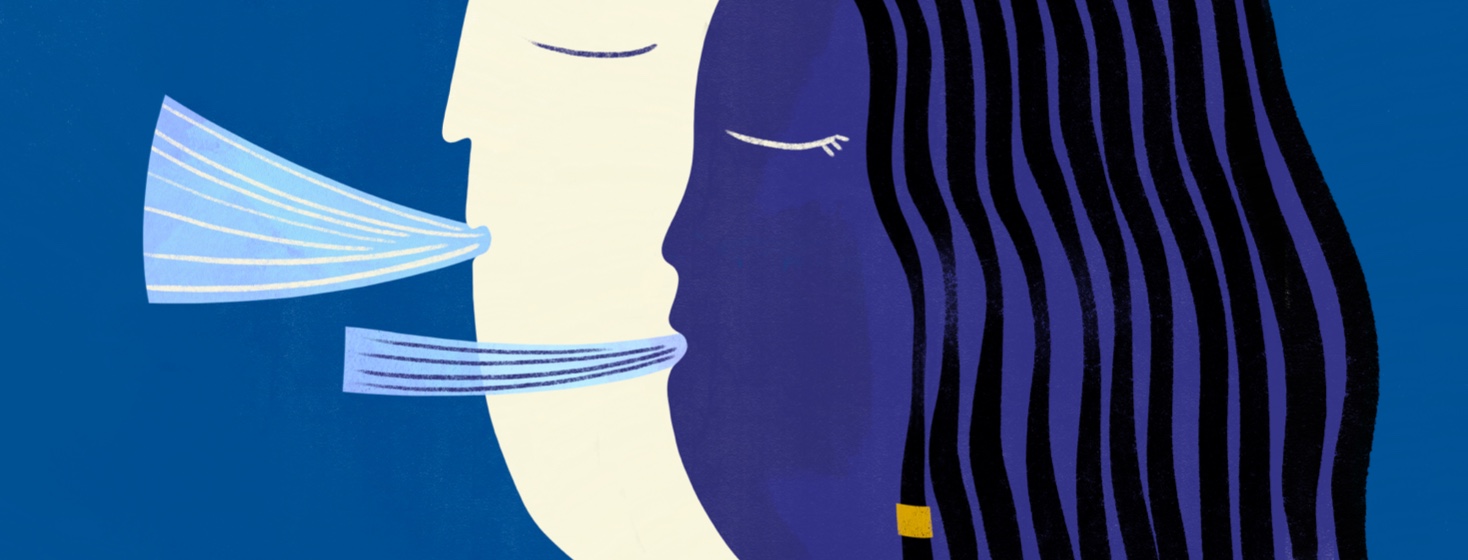Study Finds People of Color with CF Have Worse Lung Function
A published study finds that certain people of color with cystic fibrosis (CF) have poorer lung function than white people with the condition.
In our 2020 Cystic Fibrosis In America survey, we also explored how CF impacts people of color. More than 700 people with CF and their caregivers completed the survey, providing valuable insight into differences in health outcomes among racial and ethnic groups.
Study methods and results
Researchers looked at health outcomes for Black and Latinx people with CF compared to white people. People in the study received care at a CF center in New York City. A total of 262 people with CF took part in the study. Fifteen percent (39 people) were Black or Latinx.1
Researchers measured the maximum amount of air each person could forcefully exhale in 1 second. It is a test called forced expiratory volume (FEV1). The test results found that compared to white participants, Black and Latinx study participants had worse lung function. Lung function for people of color was 59.50, while lung function for white people measured 70.6. The results were published in the Orphanet Journal of Rare Diseases in mid-2021.1
Researchers also controlled the study results for age, gender, and other factors. They still found that those with a Black or Latinx background had a lower FEV1 score. Our 2020 Cystic Fibrosis in America survey showed similar results. The average lung function for people of color was 68.89.
Cystic fibrosis and people of color
In the United States, roughly 28,000 people have cystic fibrosis, and they are mostly white. However, doctors are diagnosing a growing number of racial and ethnic minorities with the condition.1
In 2004, 6.1 percent of Hispanic people had been diagnosed with CF. By 2019, that number rose to 9.4 percent. More people in the Black community have now also been diagnosed with CF, with data showing 4.7 percent in 2019 compared to 3.9 percent in 2004.1
People with CF are living longer than ever before. In the 1980s, life expectancy was around 27 years old. Today, it is 46 years old. This is the result of new medicines, called CFTR modulators, that help the cystic fibrosis transmembrane conductor regulator (CFTR) protein to work better. People with CF inherited 2 copies of the defective gene – 1 copy from each parent.1
Even with medical breakthroughs, people of color with CF still face worse health outcomes, though this may vary by region. For example, researchers have found that Hispanic people with CF in California have a 2.8 higher death rate than other people with the condition. However, this same population in Texas had a similar rate of death compared to non-Hispanics.1
Our 2020 Cystic Fibrosis In America survey found that among survey respondents of color:
Only 39 percent had a lung function level of 81 or higher
- 13 percent have had a collapsed lung
- 63 percent have had frequent lung infections
- 11 percent have had respiratory failure
- 50 percent have had at least 1 CF tune-up in the last year
- 91 percent do not test their lung function at home
Looking ahead, nearly 40 percent of respondents of color say they are concerned about their future because of their condition. And 33 percent say CF stops them from doing things they want to do.
Researchers think biases by doctors and other social and cultural causes could be factors in CF health disparities. Health disparity is a term doctors use to explain differences in health between groups of people. These differences may be caused by age, race, income, health conditions, or where they work or live.1,2
The 2020 Cystic Fibrosis In America survey was conducted online from March through July 2020. The survey was completed by 404 people with cystic fibrosis, 230 current caregivers, and 78 former caregivers.

Join the conversation